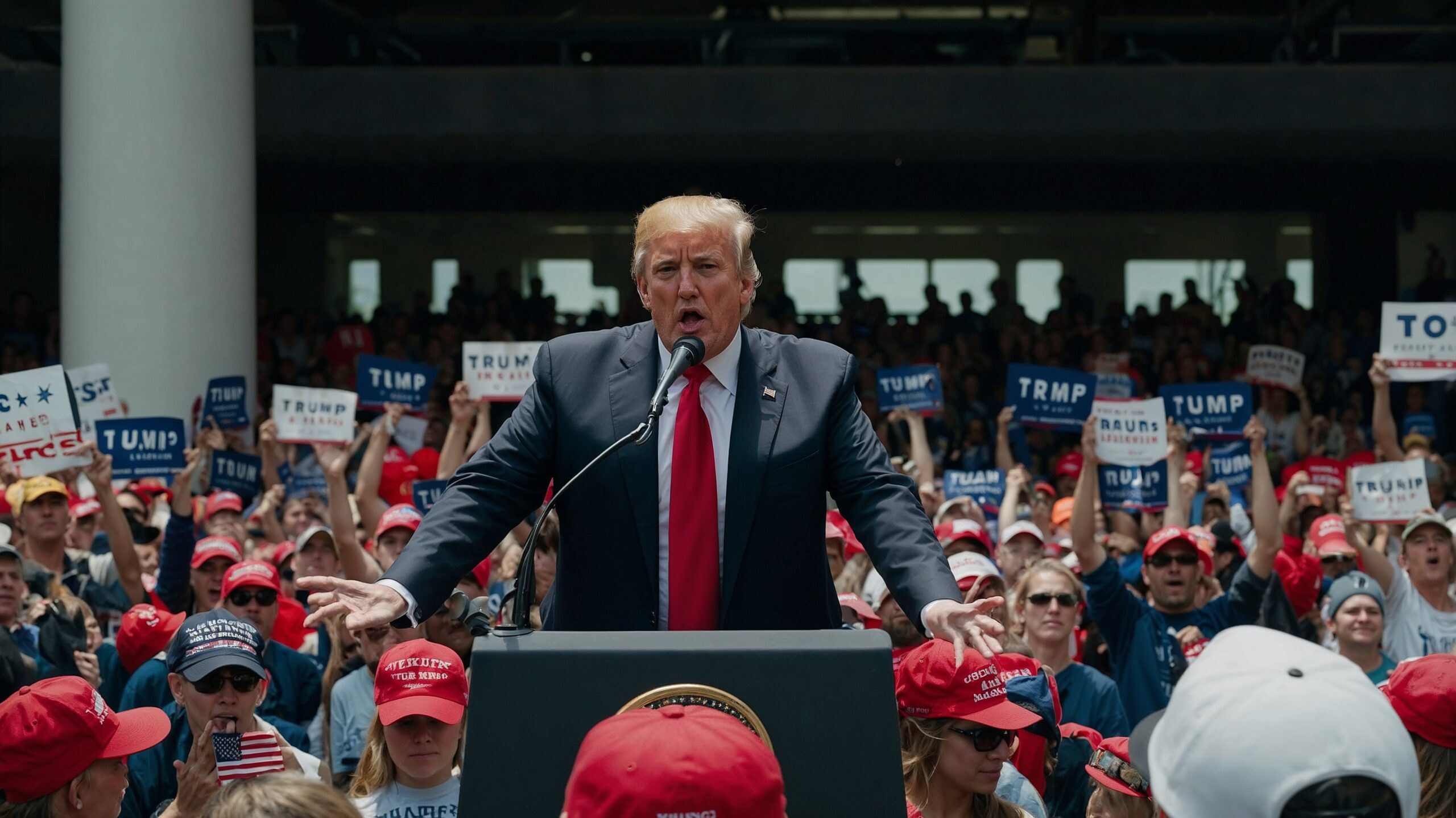President Donald Trump has introduced a new trade policy that could change the global film industry. He plans to impose 100% tariffs on all movies produced outside the U.S. This move has already sparked concern across Hollywood and beyond.
Trump says the American film industry is in decline. According to him, foreign countries are luring productions away by offering financial incentives. He called these efforts a “national security threat” and ordered the Department of Commerce to take immediate action.
“WE WANT MOVIES MADE IN AMERICA, AGAIN!” Trump posted on Truth Social.
Why Trump Is Targeting Foreign Films
Trump argues that countries like the UK, Canada, and Australia are pulling film projects away from the U.S. They do this by offering better tax breaks, cheaper production costs, and skilled crews. As a result, many U.S. studios are now filming abroad.
He believes this shift has weakened Hollywood. By taxing foreign-made films, he hopes to bring those productions back to the United States.
What the Tariff Plan Could Include
At this stage, the details remain unclear. Trump did not specify how these tariffs will be applied. Several questions remain unanswered:
- Will the tariffs apply to streaming content as well as theatrical releases?
- Do they cover U.S. studios filming overseas?
- How will a “foreign film” be defined—by location, funding, or talent?
Timothy Richards, founder of Vue Cinemas, raised concerns.
“Is it where the money comes from? The script, the director, the talent, where it was shot?”
Industry Reacts With Alarm
The international response has been swift and critical.
- The UK media union Bectu warned that the tariffs could deliver a “knock-out blow” to freelance workers.
- Australia’s Home Affairs Minister Tony Burke promised strong support for his country’s screen industry.
- Screen Producers Australia called the plan “a global shock wave.”
- The British Film Institute said it is reviewing the proposal with government officials and industry leaders.
In recent years, many major U.S. films—including Deadpool & Wolverine, Wicked, and Gladiator II—were filmed abroad. This new policy could impact their profitability and distribution.
Could the Tariffs Backfire on the U.S.?
Some experts believe the plan might do more harm than good. For example, China recently reduced the number of U.S. films it allows into theaters. The move came in response to earlier U.S. tariffs.
Eric Deggans, a film critic for NPR, voiced concern about retaliation.
“The tariffs could backfire. Other countries might target American films, making it harder for them to succeed overseas.”
What’s Next for U.S. Filmmaking?
President Trump has long supported rebuilding Hollywood. In the past, he appointed Jon Voight, Mel Gibson, and Sylvester Stallone as special ambassadors to help promote U.S. film interests.
Still, the economic realities tell a different story. According to ProdPro, film production spending in the U.S. fell by 26% in 2023, dropping to $14.54 billion. Meanwhile, places like the UK and Australia saw increases.
Unless the administration provides more clarity, the uncertainty may drive even more friction between international studios and the U.S.
Final Thoughts
Trump’s plan to place 100% tariffs on foreign films could dramatically reshape the movie business. While the policy aims to revive American film production, it risks creating global tension and shrinking the market for U.S. films.
Without clear guidelines, the industry remains on edge. Will these tariffs boost U.S. cinema—or isolate it?

